
Explore
close
All Categories
- Automobiles - 08
- Restaurants - 02
- Transportation - 05
- Electricals - 00
- Education - 13
- Technology - 00
- Hospitals - 14
- Sports - 03
- Wedding Halls - 00
- Pet Shop - 01
- Spa and Facial - 00
- Real Estate - 09
- Repairs - 01
- Computer - 04
- Clothes - 02
- Insurance - 03
- Only Hire - 00
- Courier - 00
- Jobs - 01
- Sale Purches - 00
- Fitness - 01
- Gifts - 00
- Furniture - 02
- Other Services - 60
- Astrology - 01
- Hobby Classes - 00
- Motor Training - 00
- Acting Academies - 00
- Beauty Spa - 06
- IT services - 14
- A few reasons you'll love the Online Business Directory Call us on: +91 8750-299-299
- font_download Advertise with us
- store Add your business
menu
close
All Categories
- Automobiles
- Restaurants
- Transportation
- Electricals
- Education
- Technology
- Hospitals
- Sports
- Wedding Halls
- Pet Shop
- Spa and Facial
- Real Estate
- Repairs
- Computer
- Clothes
- Insurance
- Only Hire
- Courier
- Jobs
- Sale Purches
- Fitness
- Gifts
- Furniture
- Other Services
- Astrology
- Hobby Classes
- Motor Training
- Acting Academies
- Beauty Spa
- IT services
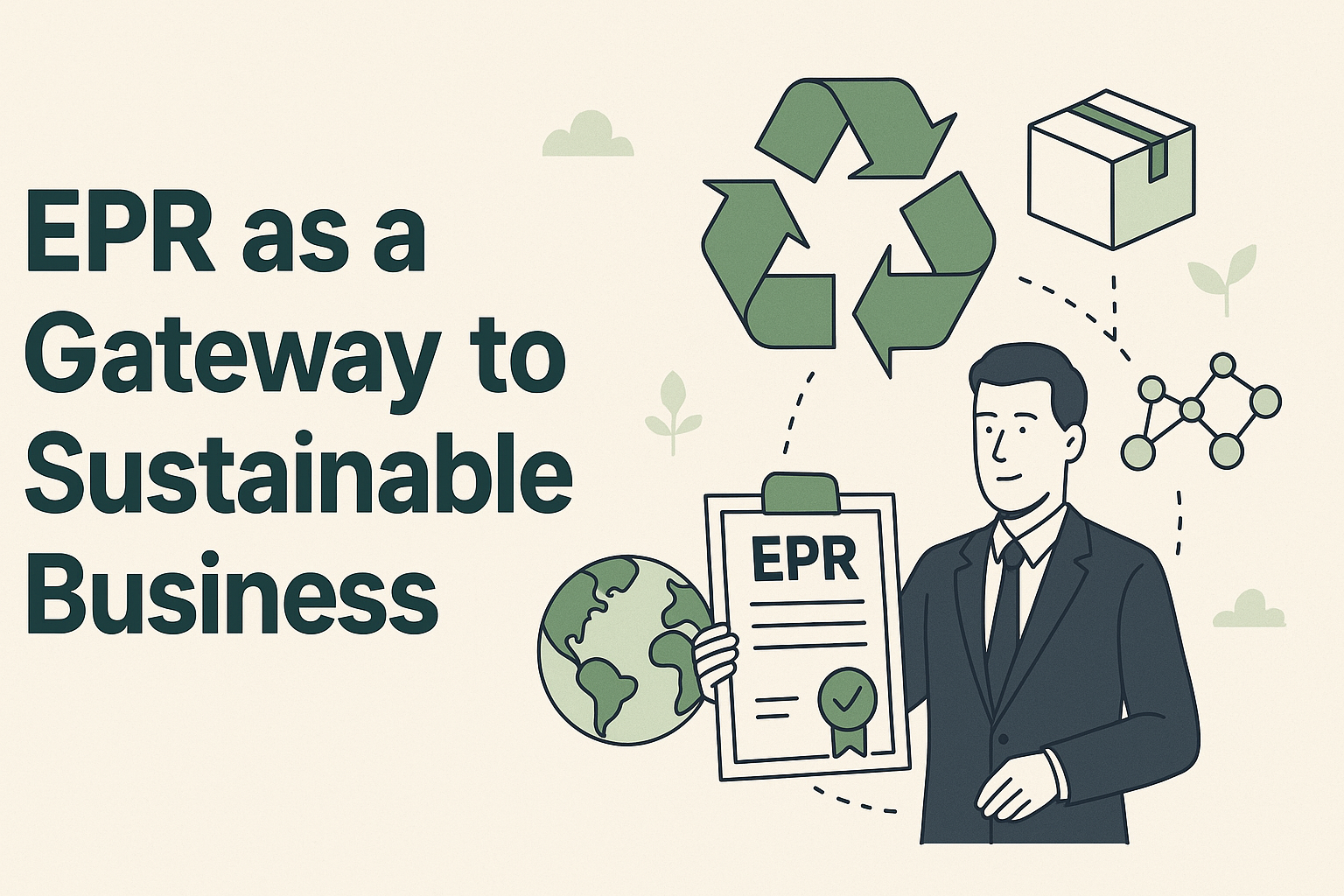






.jpg)
.png)


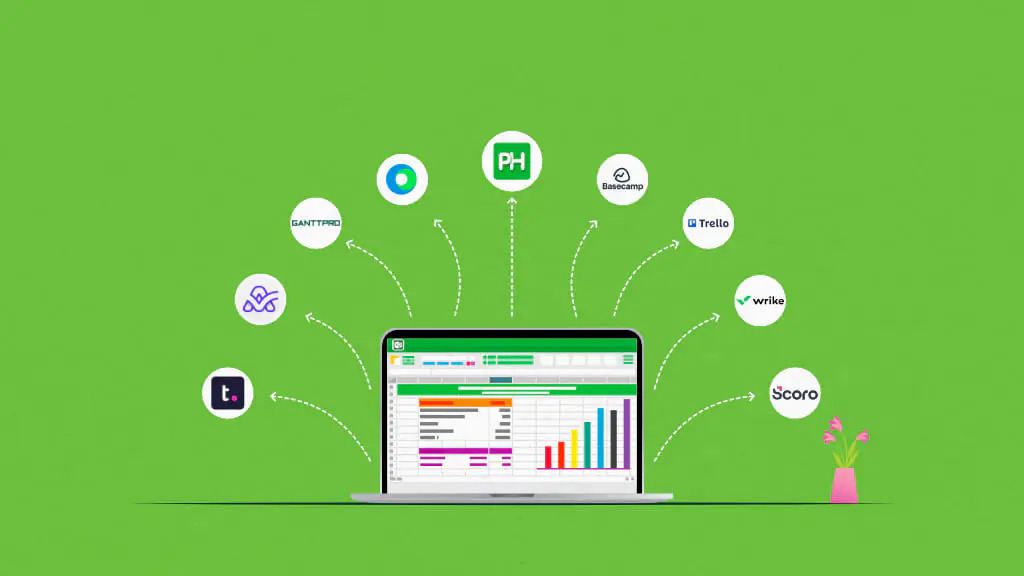


.jpg)




.jpg)
.png)

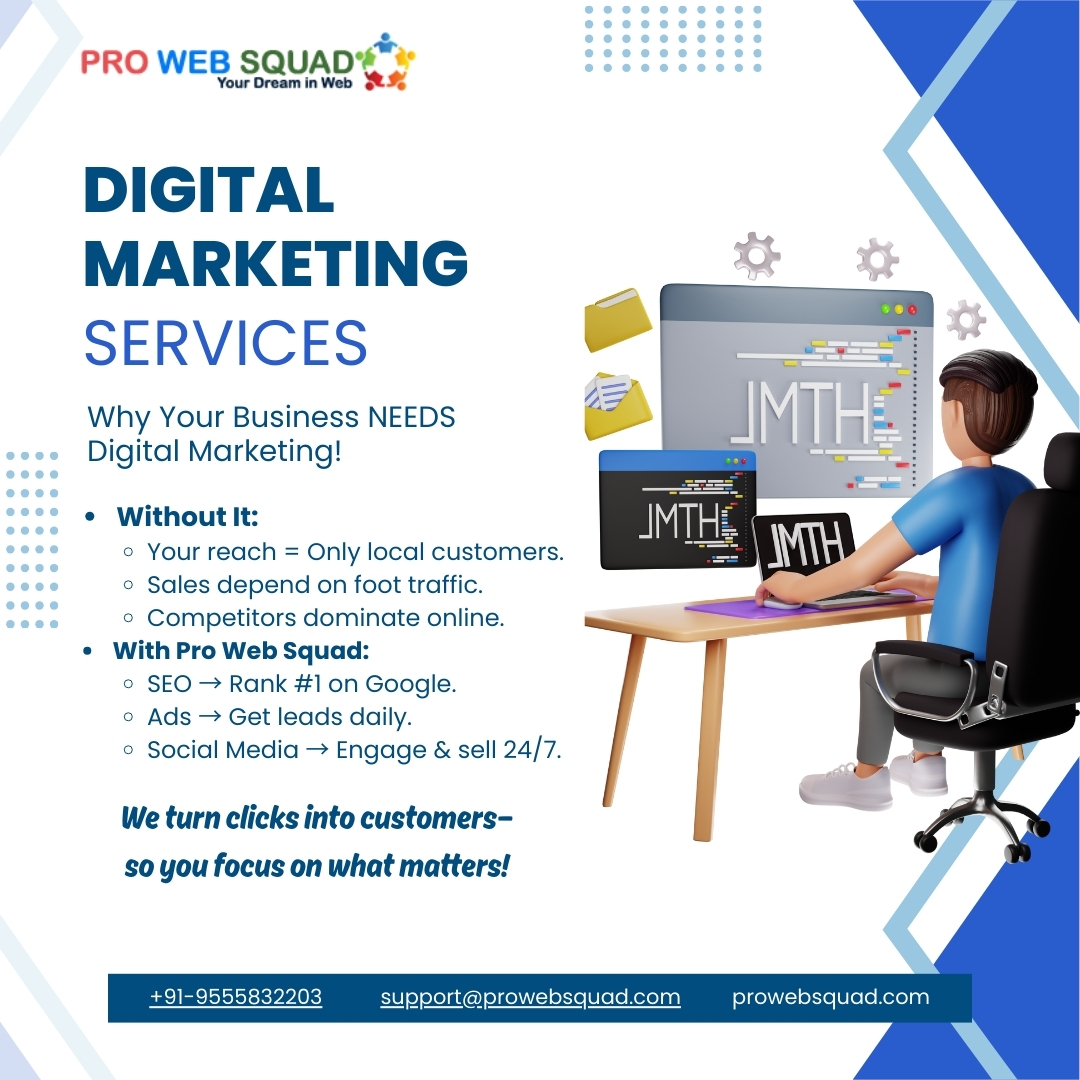




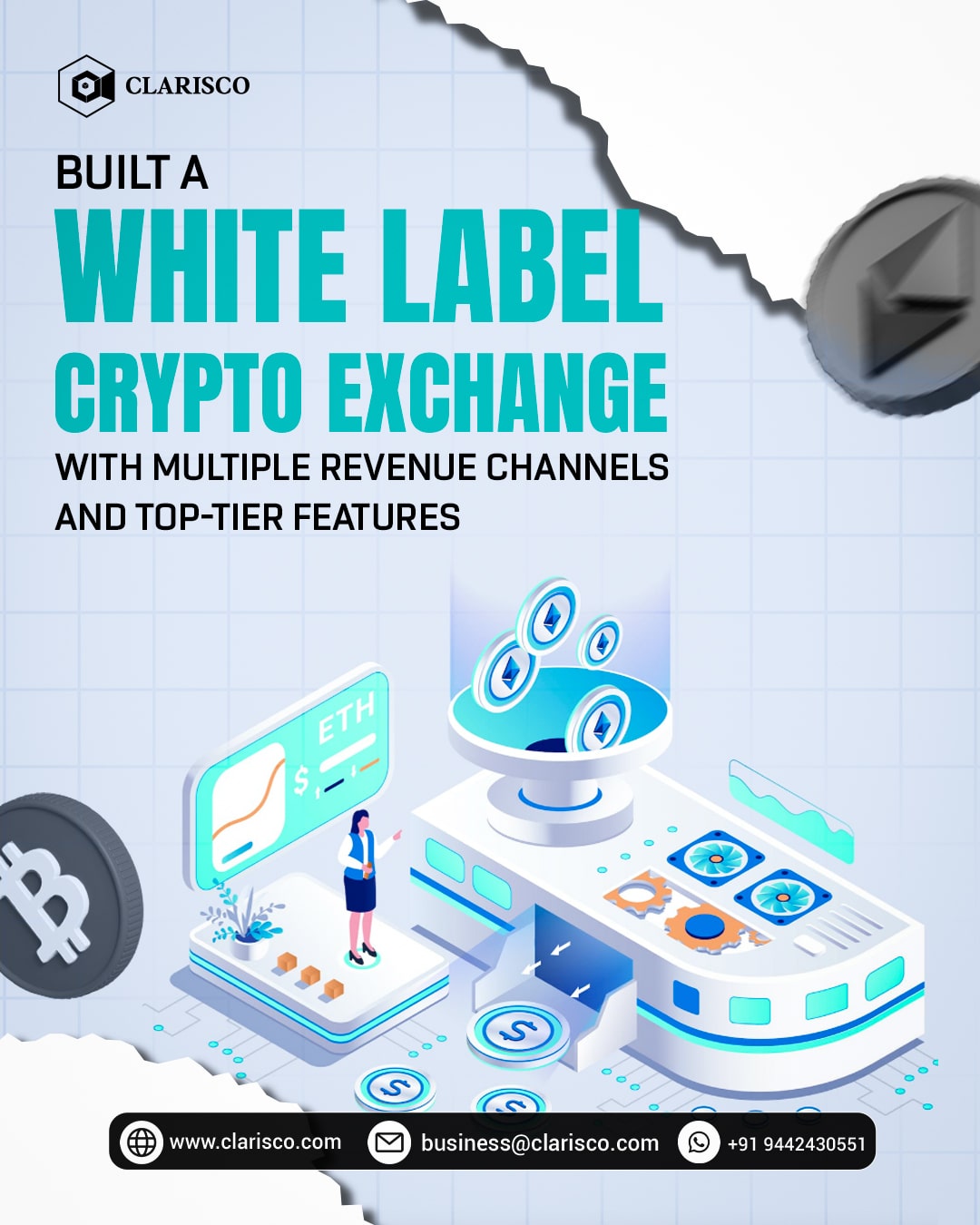



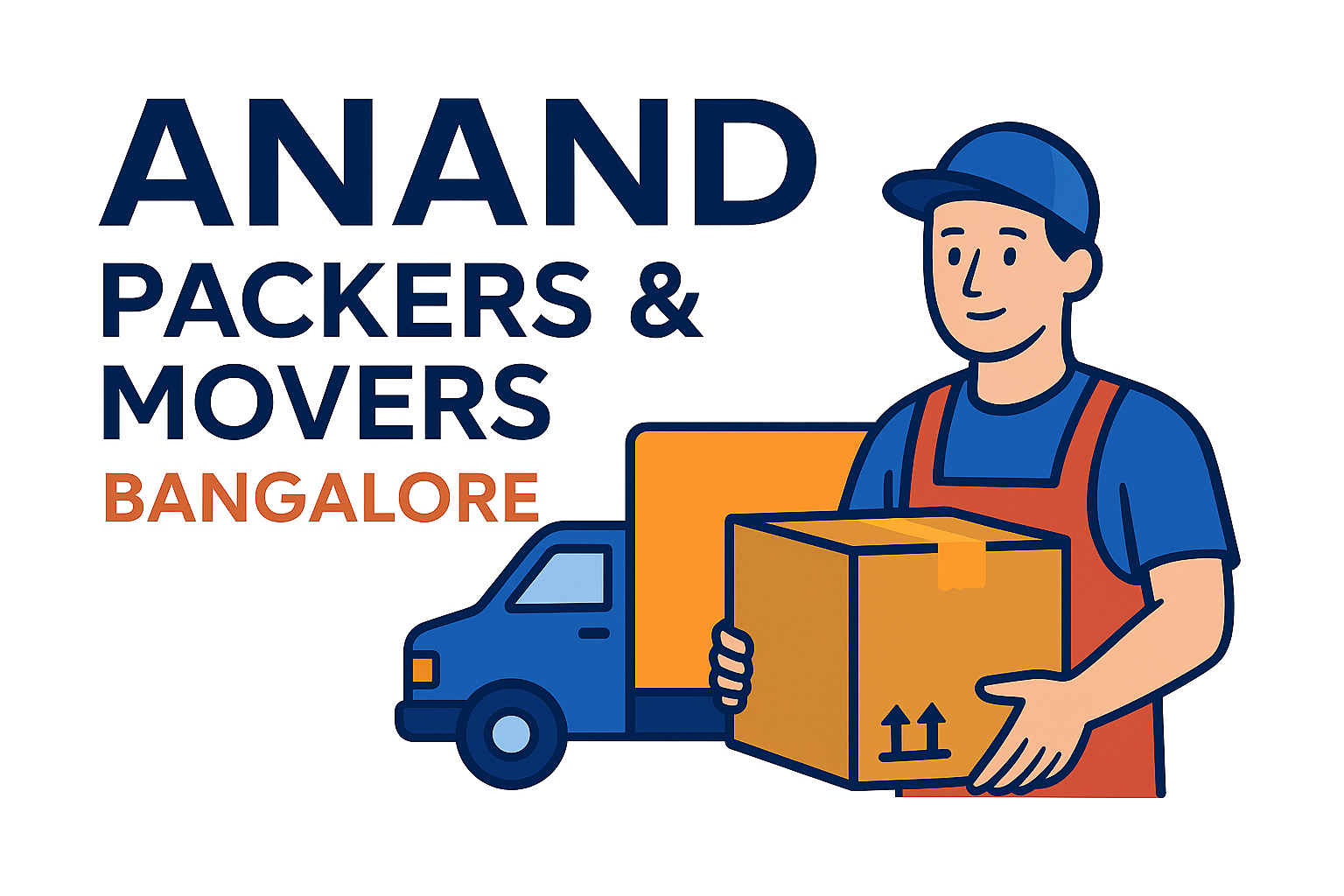
.png)
.png)



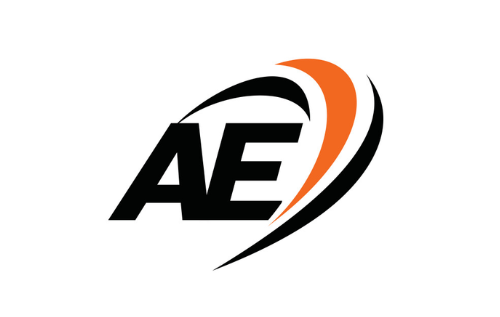




.jpg)








.png)












